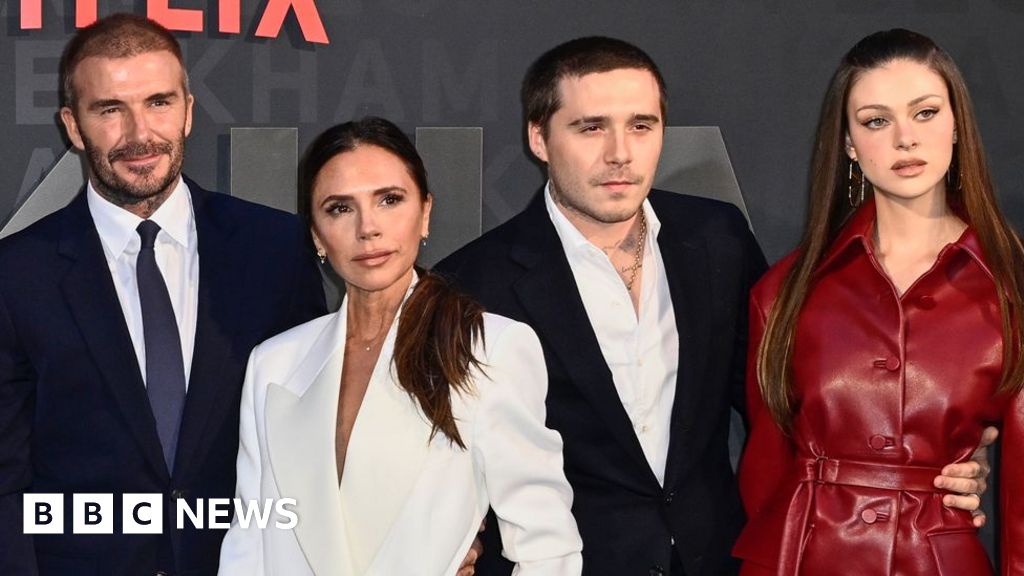ARTICLE AD BOX
 Image source, Getty Images
Image source, Getty Images
Oxfam has apologised after posting an animation for Pride Month featuring a character in a "hate group" who some say resembles author JK Rowling.
The charity has denied the cartoon woman with red eyes and a "Terf" badge is based on the Harry Potter writer.
In trying to make a point about "the real harm caused by transphobia", Oxfam said it had "made a mistake".
Rowling has attracted controversy for voicing concerns about how transgender issues affect women's rights.
Oxfam has now removed the section featuring two angry men and a woman alongside fingers pointing at rainbow-coloured figures.
Accompanying wording said "LGBTQIA+ [lesbian, gay, bisexual, trans, queer, intersex and asexual] people around the world" were being "preyed on by hate groups online and offline".
Terf (trans-exclusionary radical feminist) is a derogatory term for those considered hostile to transgender people.
Rowling has spoken against allowing trans people access to single-sex spaces. But the author denies being transphobic and says she supports trans rights.
Oxfam has been criticised by both those offended at the original video and those who say the charity bowed to pressure by re-editing it.
Its statement said: "Oxfam believes that all people should be able to make decisions which affect their lives, enjoy their rights and live a life free of discrimination and violence, including people from LGBTQIA+ communities.
"In efforts to make an important point about the real harm caused by transphobia, we made a mistake.
"We have therefore edited the video to remove the term 'Terf' and we are sorry for the offence it caused.
"There was no intention by Oxfam or the film-makers for this slide to have portrayed any particular person or people.
"We fully support both an individual's rights to hold their philosophical beliefs and a person's right to have their identity respected, regardless of their sexual orientation, gender identity and expression, and sex characteristics."

 2 years ago
37
2 years ago
37








 English (US) ·
English (US) ·